[As Always] Forgotten Black, African amid Historic Killing Rate
You can’t turn a blind eye to this and ignore it. You’re talking about your brothers and sisters.
Killing Rate in Gazans already same pace with Holocaust, sadly, after ‘unpaused’ genocide since Friday morning local time around 7am. Before ceasefire, daily Gazans killed around 300 - 400. After ‘unpaused’ Friday, 24 hours Israel, in brutality, kills 700 - 750 [some Gazans even says 1,200].
799k views and still rocketing
8,300 more children, 21k more in total, and even, this number actually posted before ‘unpaused’ genocide or before Friday 7am Gaza
The latest iteration of the Israel-Hamas conflict has led to thousands of casualties, with protests taking place across the globe.
While the current conflict has captivated the world, many Americans are unaware of the large numbers of people of African descent in Israel, some who believe they are the descendants of African Israelites referenced in many biblical texts. Members of the African diaspora who are based in Israel and Palestine are affected, with many hoping for the violence to come to an end.
Asiel Ben Judah, a 75-year-old Black man from Chicago, Illinois, is currently based in Herzliya, Israel. The AFRO was connected with Judah for a phone interview after meeting and speaking with his acquaintance, Ashriel Moore, in D.C. during the Congressional Black Caucus Foundation’s Annual Legislative Conference in September.
Judah discussed the ongoing situation in Israel with the AFRO, as well as the history of the African diaspora in the modern state of Israel. Judah said there are different groups of Black people who currently live in Israel, and called on members of the Black community to educate themselves on the conflict, which dates back centuries.
“Members of the African community who come from areas such as Sudan and Ethiopia — that are based in this region — are aware of 2,500 years of unbroken history. They can tell you what has happened over the last 70 years,” Judah told AFRO.
During the previous seven decades, multiple diverse communities of African ancestry with different places of origin, cultures and religions have migrated to Israel for different reasons. The groups rarely interact with each other and have distinct ethnic, religious and social practices. Collectively, Black people in Israel constitute a minority within a multi-ethnic, yet predominantly White Israeli society.
The multiple groups that comprise the sub-Saharan African diaspora in Israel include Ethiopian immigrants – which are split into majority Ethiopian Jewish members of “Beta Israel” and minority descendants of Christian Ethiopians of Jewish ancestry known the “Falas Mura”; African migrant workers and refugees; Black Bedouins; and African-American “Black Hebrews” who identify as African Hebrew Israelites.
“I arrived here when I was in my 30s and I left the U.S. with groups of Afro-American Jews. The original group of people that arrived in 1969 were not treated well,” Judah said.
Judah discussed how in the 1960s five disparate Black congregations in the U.S. united for pilgrimage to Israel. In recent decades, most migrants of African descent have come from nations on the African continent.
“There’s a large population of Africans in Israel because of the conflicts in the Horn of Africa, within Eritrea and Somalia. So, there’s a large community of Somalians and Eritreans,” Judah said.
In September, weeks prior to the escalation of the conflict between Israel and Hamas, Prime Minister Netanyahu called for the deportation of Eritrean refugees in Israel due to violent clashes between opponents and supporters of the Eritrean government.
“They got into a conflict about how Eritrea’s government was trying to have a celebration here, when many Eritreans that reside in Israel are refugees and have not been able to return because the present regime has not received them appropriately,” Judah said.
There are approximately 25,000 African migrants currently living in Israel, mainly from Eritrea and Sudan, who have fled conflict or authoritarianism. The state of Israel, however, says it has no legal obligation to keep them and only a few are recognized as asylum seekers. This year, Black people in the area joined together to fight threats of deportation within their communities.
Judah encourages Black Americans and members of the African diaspora to educate themselves about the African population in Israel and to financially support aid efforts for those in need in both Israel and Palestine right now. He implored those who are not directly affected by the conflict to think of what it’s like to find themselves suddenly in a war zone.
“When you try to go into an area of safety, you’d be surprised what you can’t take with you,” Judah said.
On the day of the attacks he was traveling, and found himself away from home without important documents needed to completely change cities and take shelter elsewhere. As a leader in the community, he also had others to care for.
“You can’t turn a blind eye to this and ignore it. You’re talking about your brothers and sisters,” Judah told the AFRO. “We need financial assistance. I had to move 45 people from one city within a few hours, and we still have people in multiple places,” Judah said.
Though certain cities along the Israeli- Gaza border are severely affected by the conflict, others- even just miles away— are not. Many have sought refuge in other places, but Judah and others in his community have highlighted how life has not stopped.
“It has been quite difficult,” said 53-year-old Monica Terry. “Imagine leaving and fleeing to a place of safety– but still having to pay your rent, all of your utilities, your bills– and being away from your job.”
Terry is African American and moved to Israel in 2010. She told the AFRO the Israeli government had yet to disclose a plan to financially help those affected by the war with initiatives such as a pause on rent payments in affected areas.
“All of those things come into account,” she said. “We’re in need of financial assistance and in need of support, not just from our community– but from abroad. It hits both sides, we’re just caught in the middle. We’re not the target, but we still feel a lot of the anguish and displacement of war.”
Terry said her heart breaks for those affected.
“I personally know someone- a few people- who have family members that are still there- they are waiting for them to be returned,” she said, of hostages taken in the Oct. 7 attack by Hamas militants.
“War is inhumane. There’s nothing that can justify what Hamas did–killing babies, ripping children from their mothers, the rape of women and girls- these are young girls, some of them that have just begun to start their lives. Their lives are shattered and they will never be the same,” said Terry.
Various international bodies, nations and members of the global community have called for humanitarian assistance, with the U.N. General Assembly voting on whether a truce and a humanitarian intervention should be established. A total of 120 countries voted in favor of the resolution, while the U.S. and Israel led 14 countries that voted against, while 45 others abstained.
To donate to the Black communities displaced by the Israel-Hamas conflict, please visit GoFundMe.com and search for the campaign titled, “Help Black Jews in Israel Displaced By The War.”





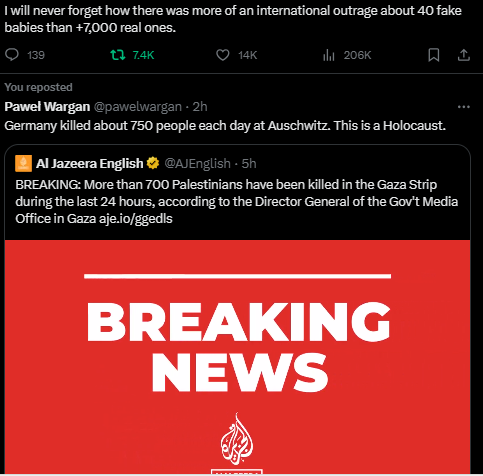
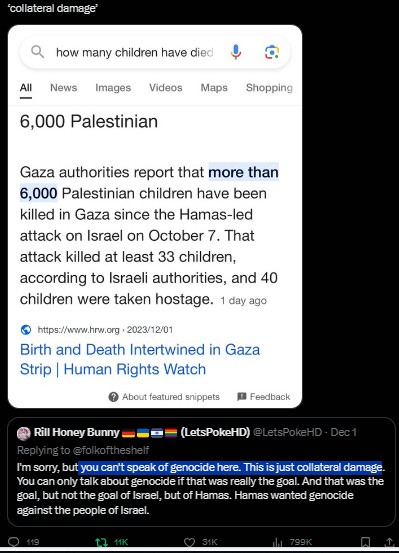
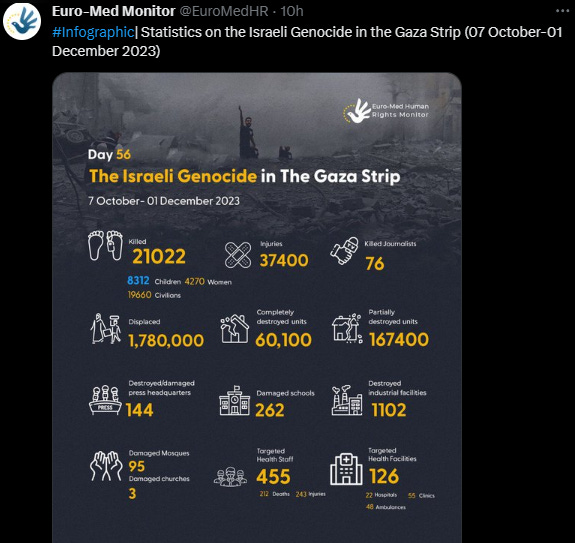
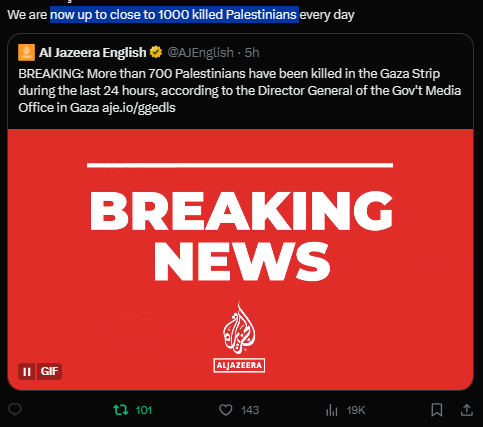
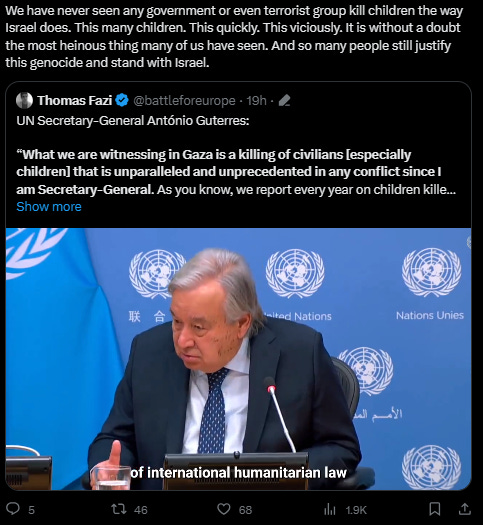
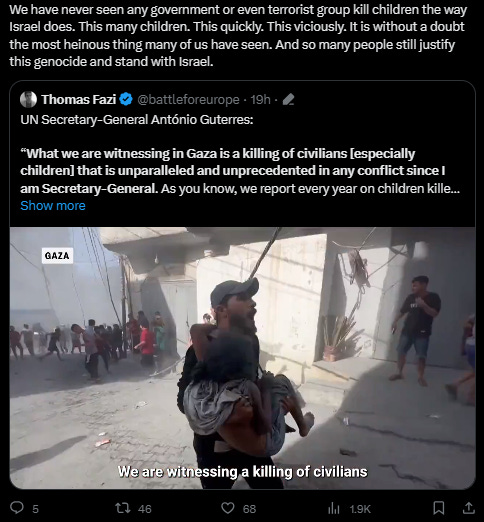
Very interesting. Thank you for sharing this.